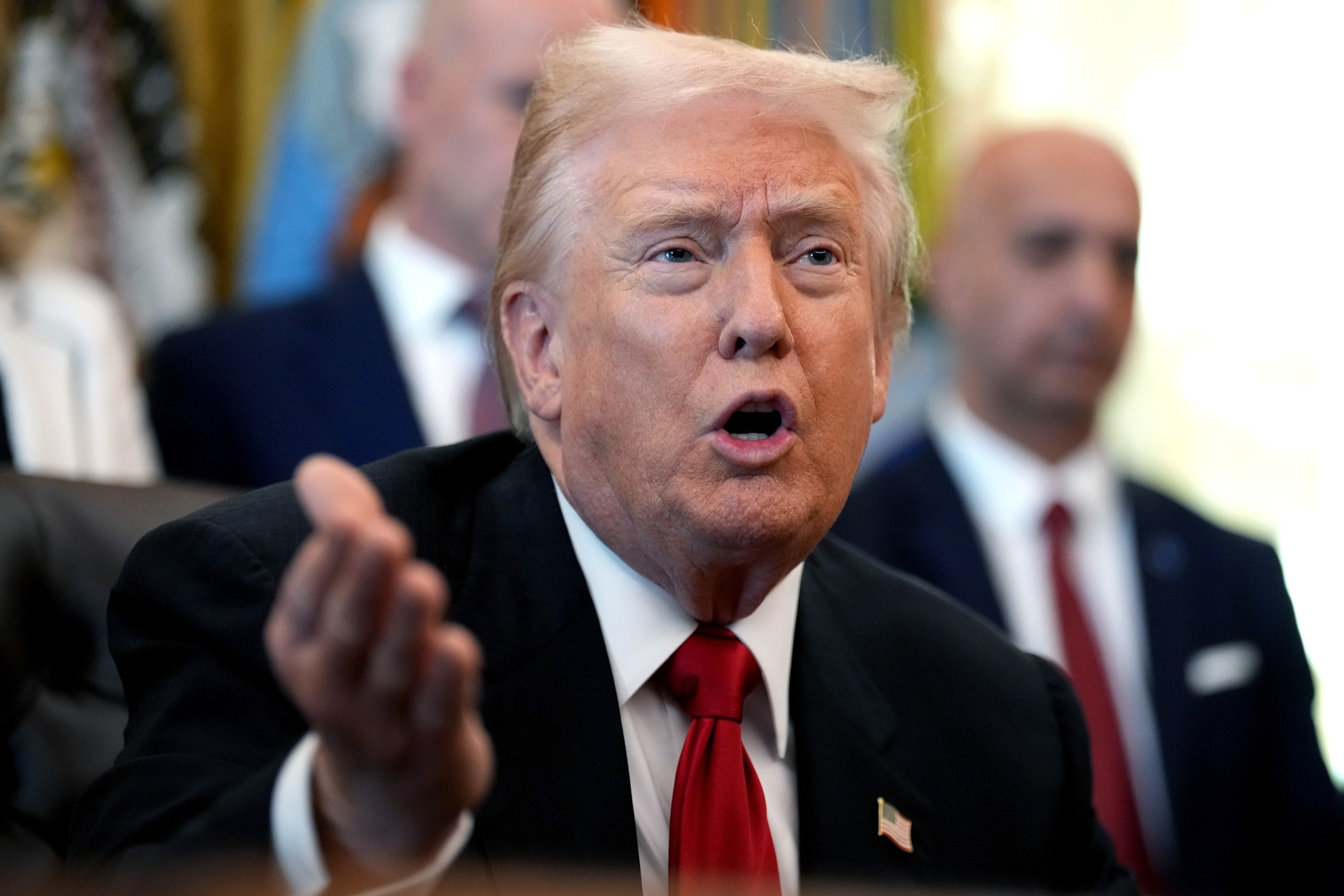Lefty Host Admits Dems Losing Messaging Battle On Schumer Shutdown
Radio host Charlamagne tha God criticized Democrats on Monday for failing to control the narrative around the ongoing government shutdown. Speaking with MSNBC’s Nicolle Wallace on her podcast
The Best People

The shutdown, now in its third week, is being dubbed the “Schumer Shutdown” by Republicans. It has already cost taxpayers over $8 billion. Democrats have refused to pass a temporary funding bill without securing expanded Obamacare subsidies, which include provisions some claim would fund healthcare for undocumented immigrants.
The Voter ID Mandate Dilemma: Will the Supreme Court Uphold a National Standard?

The striking image of former President Donald Trump and Chief Justice John Roberts shaking hands outside the Supreme Court highlights one of the most contentious issues in American election law: the potential for the Court to mandate Voter ID across all 50 states. This issue sits at the volatile intersection of executive agenda, judicial independence, and fundamental voting rights.

Key Player Spotlight: Chief Justice John Roberts
As the leader of the Supreme Court, Chief Justice John Roberts is central to any ruling on a national Voter ID standard. While generally considered a conservative, Roberts has often prioritized the institutional integrity of the Court. His vote, and the overall Court’s stance, will determine whether election laws—traditionally the domain of state legislatures—are federalized by judicial decree.
The political pressure from the Trump era, characterized by repeated calls for stricter election security, places Roberts in a delicate position, testing the perceived neutrality of the judicial branch.
The Proponents: Securing the Vote (The Trump Stance)
Former President Donald Trump and his allies have consistently championed the idea of mandatory Voter ID as a crucial step toward election integrity and combating alleged voter fraud.
- Argument:Requiring photo identification is a simple, effective measure to ensure only eligible citizens cast ballots. Proponents often argue that ID is required for common activities like boarding a plane or making a purchase, so it should be mandatory for exercising the most sacred right.
- Political Goal: A national Voter ID mandate secured through the Supreme Court would represent a significant policy victory for the conservative movement, standardizing election security measures across traditionally liberal states.
The Controversy: Voter Suppression vs. Election Integrity
The push for a nationwide Voter ID law is highly polarizing, viewed through two starkly different lenses:
| Perspective | Argument | Political Alignment |
| Election Integrity |
Ensures accuracy and prevents illegal voting, building public trust in results. | Republican/Conservative |
| Voter Suppression | Creates unnecessary burdens for marginalized groups (poor, elderly, minorities, students) who may lack required IDs or transportation. |
Democrat/Liberal |
If the Court were to adopt a national mandate, critics argue it would violate the spirit of rulings that seek to protect the franchise, potentially suppressing millions of legitimate votes.

Potential Legal Path and Precedent
The Supreme Court has historically been cautious about wholesale federal intervention in state election management. Any ruling on a national Voter ID law would likely involve re-examining precedents related to the Voting Rights Act. Specifically, the question is whether the federal government (or the judiciary) has the authority to impose a requirement that affects voter participation equally across jurisdictions with vastly different demographics and infrastructure.
Conclusion: A Looming Constitutional Crisis
The issue of a nationwide Voter ID mandate is more than just a policy debate; it represents a potential constitutional collision between states’ rights, the judiciary’s power, and the fundamental right to vote. While
The Court’s eventual decision on this matter will not only define the security of American elections but also determine the limits of judicial activism and the future accessibility of the ballot box.





